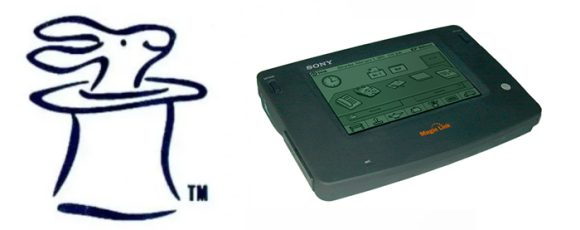
Hans Rosling was an impressive public speaker, with not just an ability to distill complex topics into easy to understand stories, but to do so with a flair of showmanship. One of the many lessons in those stories was the fact that the world is no longer divided into “developed” and “developing” economies, but is instead is now a world with a continuum of incomes.

What this analysis of incomes misses is the distribution of quality of life across this continuum. There is a vast difference living a middle class lifestyle at $15 per day in Africa and living in America on a $15 per hour minimum wage.
This difference is most obvious in farming. Most of the people in the world with tiny incomes are smallholder farmers. It is the most common profession on the planet. The path from $1 per day to $10 per day to $100 per day for farmers is mechanization. From solely human-powered labor to ox or horse drawn plow, to a tractor that can work multiple rows per pass, to the modern air-conditioned self-driving machinery that can plant or harvest hundreds of acres per day.

One shorthand way to think of this is 19th Century, 20th Century, and 21st Century technologies.
And yes, the smallholder farmers today in Africa, India, and elsewhere do have 21st Century mobile phones in their pockets and access to modern services like mobile money, but their work is dominated by the hand-held hoe and hand-threshed grain.
The only way this long progression toward global equality continues is if more of the Global South is able to leapfrog the 19th Century solutions to the late-20th and 21st Century solutions. This happens for software-powered services, but it needs to happen too in electrification, refrigeration, transportation, and the other technologies that power the bulk of everyday life.














